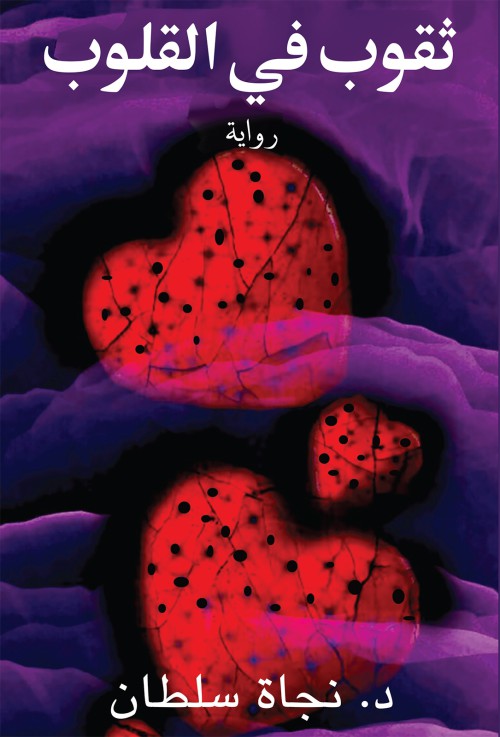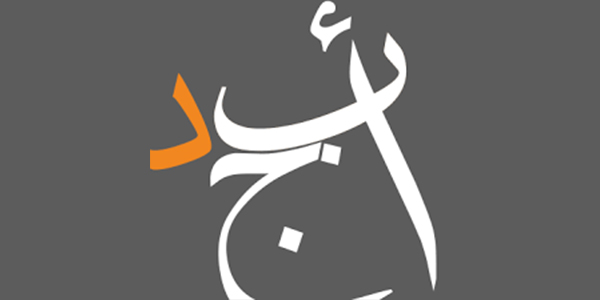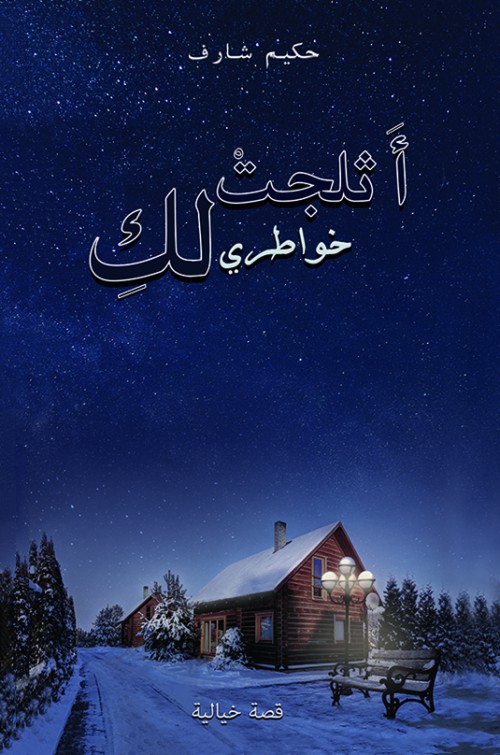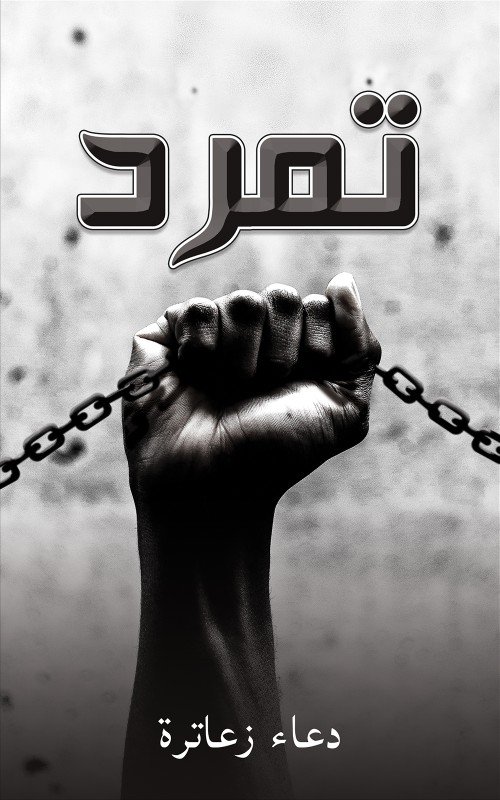Holes may seem like a simple word that we don't pay attention to, but if it penetrates our lives, then we realize that it is difficult to ignore, as its impact is unforgettable. And it always change situations. Holes may penetrate many fortified and strong entities and societies while heedless, they become weak, and they think that they are still enjoying their strength. The greater the penetration, the greater the weakness of these entities, and the holes were able to tighten control over all parts that were considered impenetrable. There is no doubt that weakness is an inevitable result of the lack of synergy and cohesion between the elements of those entities, which makes them lose their strength and solidity, and thus it becomes easy to dismantle and eliminate them.
And if we look at the societies around us, we find that hateful holes spread among their members in one way or another, as they are capable of penetrating the hearts and social fabric of human beings. It pierces the bonds of affection, mercy, kinship, friendship and neighborliness that bring together members of society. This weakens their resolve and strength, and turns the bond between them into fragile relationships that are liable to perish and fade away. The sources that led to the existence of these holes vary, some of which are the source of vanity and transcendence over others or bragging about money and social standing. Another source of pride in color and appearance, customs and traditions that have nothing to do with religion may play a major role in feeding these holes and thus spreading the phenomenon of social bullying that destroys hearts.
This is what the events of the novel “Holes in Hearts” is dealing with, as it will address a society located in a country that can be compared to a mosaic because it includes large numbers of individuals belonging to various origins, races and cultures, some of whom came to the country from nearby countries and settled and coexisted with the locals, some have similar customs and traditions and others different, and despite the cultural diversity that prevailed in the society, they were able to coexist and harmonize and were influenced by the nature of the people of the country and formed a cohesive society with them where affection and mercy succeeded in bringing together the hearts of the neighborhood residents and giving them an atmosphere of tranquility and stability, and a state harmony and brotherhood of harmony prevailed between them for many years.
Despite the relations of affection, mercy and friendship that arose between them, the matter was not without the emergence of some skirmishes and cases of bullying that resurface from time to time, especially if someone approaches the customs and traditions that they were brought up on, and bullying emerged among them as a result of some of them seeking to bully others by force, authority, social, material, or physical status, or to be proud of race, gender, or color. There are things that some could not overcome or ignore. They are legacies that have been rooted in minds and hearts and have been circulated through generations, even if some of them are not related to religion.
This behavior was not limited to one social class, but it also affected individuals of different races and cultures. Verbal, physical, or emotional bullying emerged, and spread rumors and scandals.. All of these aggressive behaviors served as a spark that brought with it pain and deepened the gap between some of them.
Will the characters of this novel be able to overcome the bullying of the past and forgive the painful holes that blew their hearts out, and lead a happier life? This is what you will learn when you read the events of the novel Holes in Hearts.















